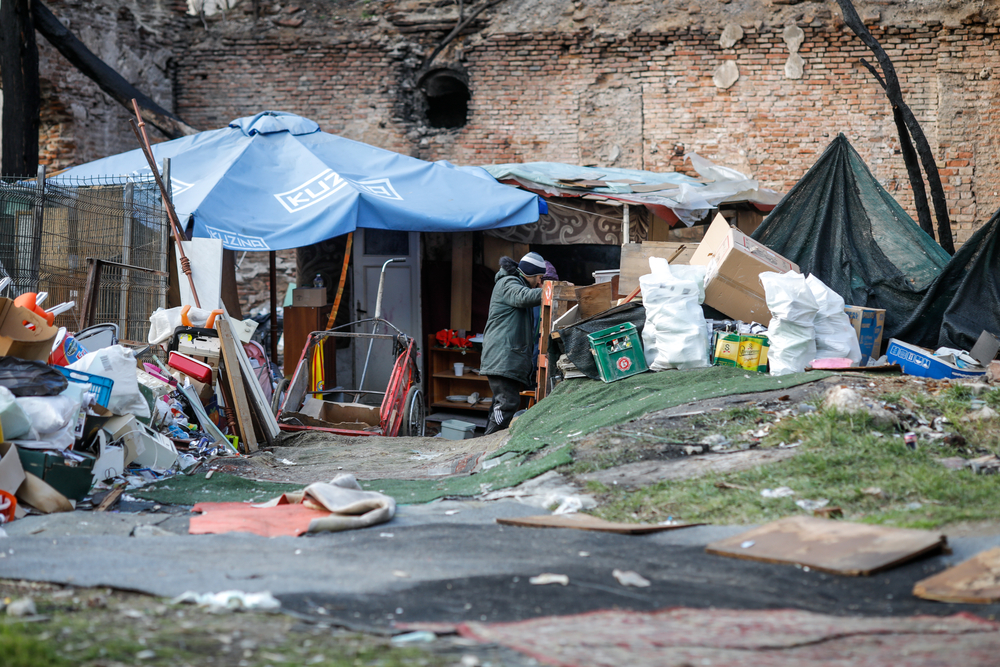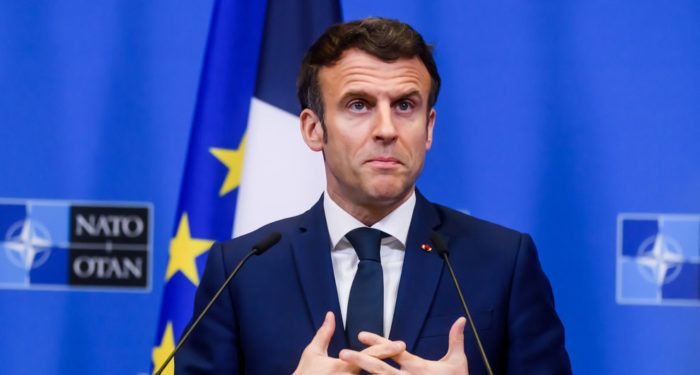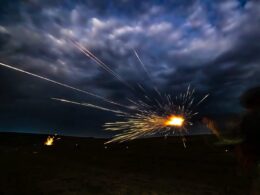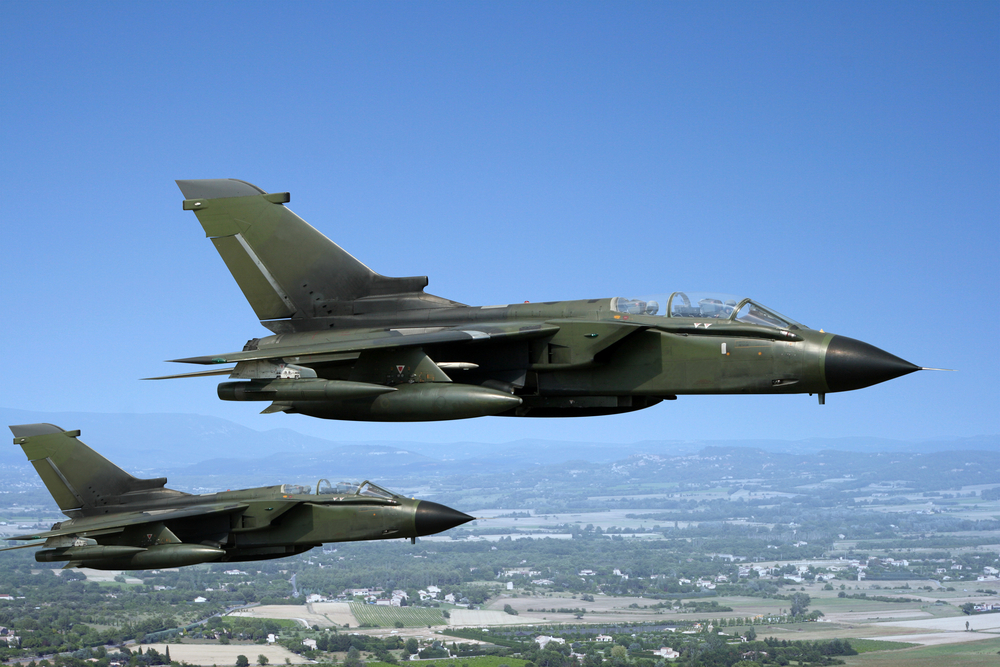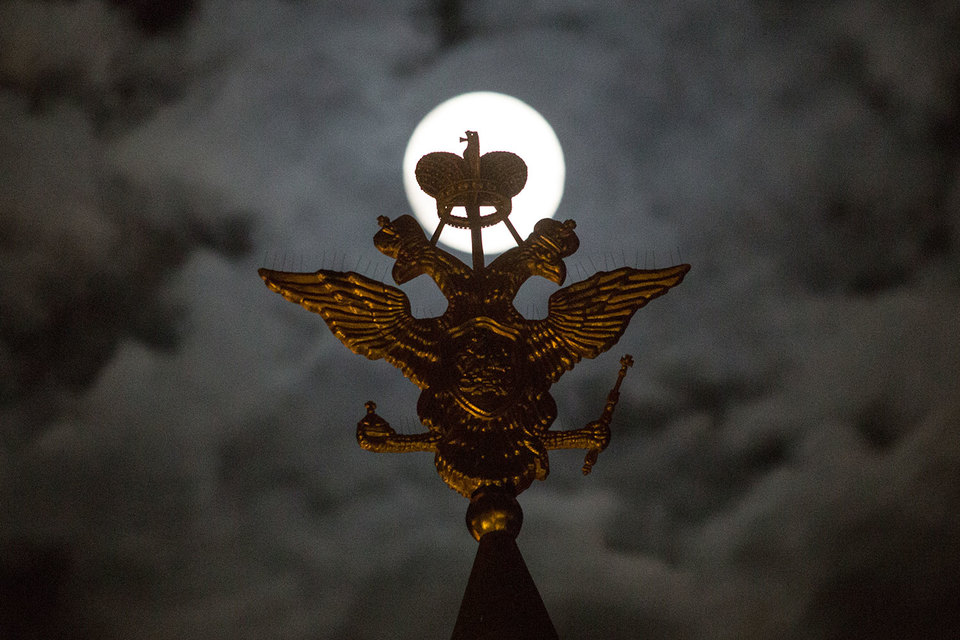According to its strategic concept, “NATO is determined to safeguard the freedom and security of Allies. Its key purpose and greatest responsibility are to ensure our collective defense, against all threats, from all directions.”
After nearly 15 years of Russian transgressions of international law – including attacking Georgia in 2008 and Ukraine in 2014, as well as waging a hybrid war against the USA and Europe for years – the Alliance has finally concluded that “the Euro-Atlantic area is not at peace.
After nearly 15 years; in the face of continuous and open aggression and after constant calls for action by the Eastern European countries.On the eve of the NATO summit in Madrid, the Lithuanian President, Gitanas Nauseda, said that:
“The war [in Ukraine] has fundamentally challenged the security architecture of the West. Russia has been publicly challenging the West for at least the past 15 years. It has tried to gain the upper hand through aggressive action, first in Georgia in 2008, then in Ukrainian Crimea and Donbas in 2014.
Despite all this, some Western countries have continued business as usual with Moscow, some even expanding their cooperation. For decades, the West has failed to understand what Russian President Vladimir Putin’s regime is about — namely expansionism, revisionism, violence, and rule by fear and coercion.
Russia is not interested in creation or cooperation, but rather in destruction and rule by force. The time has come to understand that Russia cannot be stopped by persuasion, cooperation, appeasement or concessions. Russia takes such gestures as a sign of weakness, as permission to expand and intensify its onslaught. Putin is clear in his desire to subvert Western values, cut the links between North America and Europe, and subdue Europe to Russia’s will.”
He concluded that NATO must make sure Ukraine wins. He echoes the sentiments of most European leaders who have experienced the “Russian world.” This is why Poland submitted a proposal for a peacekeeping mission in Ukraine, why Poland, the Czech Republic, and Slovenia in March put forward a plan to save Ukraine, and why Eastern Europe is offering defense support above their weight.
Poland has delivered more tanks than anyone else, while the Baltic countries have emptied their stockpiles of certain weapons in support of Ukraine’s defense of Euro-Atlantic security.
They all recognize that Ukraine is fighting for us, for Europe, for freedom, and peace in Europe.
NATO stays passive on Ukraine
Western support is slow and half-hearted. As of mid-June Ukrainian brigades had lost 30% to 40%, sometimes up to 50% of equipment as a result of active combat, and were slowly running out of ammunition for its Soviet legacy artillery.
Its international partners, however, are providing support slowly, reluctantly, and in low numbers.
Luckily, Ukraine has been able to capture a staggering 2015 pieces of equipment from the Russian Armed Forces. This includes:
- at least 392 tanks
- 178 armored fighting vehicles
- 419 infantry fighting vehicles
- 73 armored personnel carriers
- 70 Command Posts And Communications Stations
- 54 towed artillery
- 86 self-propelled artillery
- 41 Multiple Rocket Launchers
- 22 Surface-To-Air Missile Systems.
Until now, the West has even denied supplying Ukraine with the tools it needs to re-establish control of its airspace, stop Russia from launching missile attacks against its cities, and break the maritime blockade.
NATO member states are not providing the weapons Ukraine needs to win.
Worse still, recognizing that the independence and sovereignty of Ukraine are being decided in the Sea of Azov and the Black Sea – where the economic foundation of the state is being undermined – NATO is presently not even providing the support it needs to avoid defeat.
By not providing the tools needed to defeat Russia militarily and evict it from Ukraine, the West might be conceived as accepting the “status quo.”
NATO is seemingly accepting – not in words, but in deeds – that Russia will remain in control over Luhansk, Donetsk, Zaporizhzhia, Kherson, Crimea, and the Black Sea. As repeatedly argued, this will ultimately lead to the defeat of Ukraine as it undermines the economic viability of the state.
What Ukraine really needs to launch a counteroffensive against Russia
Equally important, it also means that NATO accepts a protracted war and its many ripple effects.
While the Ukrainian state might potentially falter, the Ukrainian nation will not. It is worth bearing in mind that the Ukrainian WW2 resistance ended in 1954. Consequently, Europe will not only have an armed conflict at its border for decades to come but also lasting instability.
Consequences of NATO’s inaction on Ukraine
Struggling to understand NATO’s strategy on Ukraine, I find it useful to outline some of the consequences of its present “inaction.”
The deaths, suffering and destructions in Ukraine is the first and most obvious consequence. Approximately 150-200,00 Ukrainians have been killed. Mariupol morgues alone have documented 87,000 people killed during the Russian siege of the Ukrainian seaside city
A database of unidentified killed people is kept in the Novoazov Prosecutor’s Office containing additional 26,750 entries. Nearly 7.5 million Ukrainians have become refugees, while 7 million are internally displaced. As of today, the war has caused more than $340 billion in damage to Ukraine.
But that is only the start of a long list of consequences. A protracted war and the “tsunami of ripple effects” will affect the lives of billions.
We are facing an increase in poverty and global famine because of Russia’s war on Ukraine. It is assessed that this will lead to increased extremism and terrorism globally.
The Organization for Economic Co-operation and Development (OECD) has assessed that Russia’s war have a greater impact on the world economy than it had earlier anticipated.
As central banks across the world simultaneously hike interest rates in response to inflation, the world may be edging toward a global recession in 2023 and a string of financial crises in emerging market and developing economies that would do them lasting harm, according to a comprehensive new study by the World Bank.
Having failed to avert the global consequences of the war, the West risks losing its global economic, diplomatic and military influence.
Experiencing food and energy insecurity, as well as higher costs of living, voters across the world is growing increasingly frustrated. This is bound to be reflected in elections to come.
President Biden, Chancellor Scholz, President Macron, Prime Minister Støre, Frederiksen, Rutte, Sánchez, Costa, Trudeau, and more will likely be held responsible for having failed to act resolutely when challenged.
While Russia bears full responsibility for the war, NATO’s failure to intervene in Ukraine has enabled a Russian protracted war with escalating global ramifications. Therefore, we might experience a complete change of the political landscape in the USA and Europe.
Just as importantly, the prime guarantor of international law is seen to be failing to defend its core values and principles.
At a time when global democracy has reached a new low when more than a third of the world’s population lives under authoritarian rule and just 6.4% enjoy full democracy, Western courage and moral obligations are seen to falter.
By not challenging Russia in the Black Sea, international Freedom of Navigation is at risk, potentially impairing maritime trade. Stepping back instead of confronting Russia, strengthen the Russian (and possibly Chinese) perception of the West as weak, further eroding NATO deterrence at the cost of our common security.
Having demonstrated the effectiveness of the nuclear “fait accompli” strategy, more countries and regimes will be motivated to build a nuclear arsenal at any cost. More crucially, failing to address the Russian “fait accompli” strategy is a demonstration that it works, which might embolden Russia to continue its aggressive foreign policy until it takes “a bridge too far.”
The West pays a high price for keeping idle
Why do we keep idle in the fear of a hypothetical catastrophe while accepting a multitude of real catastrophes?
Why do we accept:
- the deaths and suffering of Ukrainians and the destructions of Ukraine alongside the crumbling international security architecture?
- increased global poverty and famine because of the war?
- Russia threatening the world with a nuclear catastrophe as it wages war around Ukraine’s nuclear power plants?
- reduced energy and food security?
- recession and increased costs of living?
- a growing level of frustration in populations, and consequently, the risk of demonstrations, riots, increasing extremism and the fall of governments?
Why do we accept running the risk of experiencing the 1930s all over again?
It is impossible to believe that NATO is wishing for any of these outcomes.
Quite the opposite, they are all in direct conflict with its mission to safeguard the freedom and security of its member states.
So why chose a strategy that ensures a drawn-out war when the consequences run contrary to both NATO’s and the member states’ interests?
The present strategy only makes sense if a protracted war is seen as a “positive outcome” or the lesser of evils.
In my humble opinion, a protracted war only becomes a “positive” outcome if NATO needs more time. More time to unite, to generate new forces, procure more arms, sensors, command and control systems, build sustainability, and not least, rebuild the defence industry to achieve all of this.
Time will be crucial as NATO is facing shortcomings after decades of underbudgeting, streamlining, and downsizing. Observations made in positions I have held in the past, unfortunately, do not make this assessment as farfetched as one would wish.
It is possible the Alliance and its member states need more time to prepare themselves for a confrontation that has already started.
Unfortunately, we must also face up to the possibility that the present situation is a result of a lack of strategy altogether.During President Biden’s press conference one month after the Russian invasion started, he stressed his most important objective was to have absolute unity among NATO allies on 3 key important issues:
- to support Ukraine with military and humanitarian assistance
- to impose the most significant economic sanctions ever to cripple Putin’s economy and punish him for his actions
- and fortify the eastern flank of NATO.
The Alliance had accomplished all three of these, President Biden stated on 24 March. During a press conference by NATO Secretary-General, Jens Stoltenberg, on the same day, he highlighted that NATO is determined to do all it can to support Ukraine.
More than 6 months later, the outcome is becoming increasingly clear for all to see.
Western support is slow and half-hearted.
Deputy Secretary-General of NATO, Mircea Geoană, recently helped explain why when he described the division of labor between NATO and its allies. He argued that NATO took a deliberate decision to provide Ukraine with nonlethal support only, while the individual member states support Ukraine with lethal military equipment.
The statement of both Biden and Stoltenberg, the division of labor, the difference in strategic understanding between Eastern and Western Europe, and not least, the huge difference in practical support rendered by the individual member state demonstrates discord within the Alliance.
NATO ambitions are being defined by its “weakest links”
While the lack of resolve might be the result of a genuine fear of triggering a “full-fledged war between NATO and Russia,” an acknowledgement of own capability gaps, or a recognition of the fundamental dependency of many European countries on Russian oil and gas, the outcome is the same: NATO is rendered unable to act according to its previous strategic concept and fully meet its commitment to “safeguard the freedom and security of Allies.”
This is reflected in the outcome of the NATO summit in Madrid in June where the Alliance committed to doing less.
Why a humanitarian intervention in Ukraine is in NATO’s interest
Maybe, just maybe, NATO needs time to unite its member states around a strategy that will end the war by ensuring a Ukrainian victory. If nothing else works, the consequences of the “tsunami of ripple effects” will eventually spiral Western leaders into action.
It is worth bearing in mind the words of Belgian Prime Minister Alexander De Croo in his speech from the rostrum of the UN General Assembly.
“Faced with this Russian aggression and war crimes, the UN is challenged to fulfil its calling. Everyone in this room, every single country, will be asked one day: What did you do to stop this? What did you do to protect the people of Ukraine? Did you look away, or did you act? In this conflict, there is no room for neutrality. […]To win this peace, we must place the principles of the UN Charter at the forefront again – the principles of territorial integrity and national sovereignty.”
He noted that today the world is less stable and less secure. This is the result of the “sheer scandal” that one of the founding members of this United Nations has trampled on these principles and “unleashed a war that reminds us of Europe’s darkest hours.”
My prediction stands: A NATO humanitarian intervention in Ukraine is inevitable.
Related:
- Why a humanitarian intervention in Ukraine is in NATO’s interest
- What Ukraine really needs to launch a counteroffensive against Russia
- The West is running out of weapons it can supply Ukraine. NATO or a coalition of the willing needs to intervene
- What NATO should do
- NATO’s new Strategic Concept gives short shrift to Eastern Neighborhood and Ukraine
- “I don’t see Putin using nuclear weapons” – military strategist Lawrence Freedman
- Russia must not get another “Minsk agreement” in Ukraine
- NATO, you are already part of the conflict. Enforce a no-fly zone in Ukraine, now




